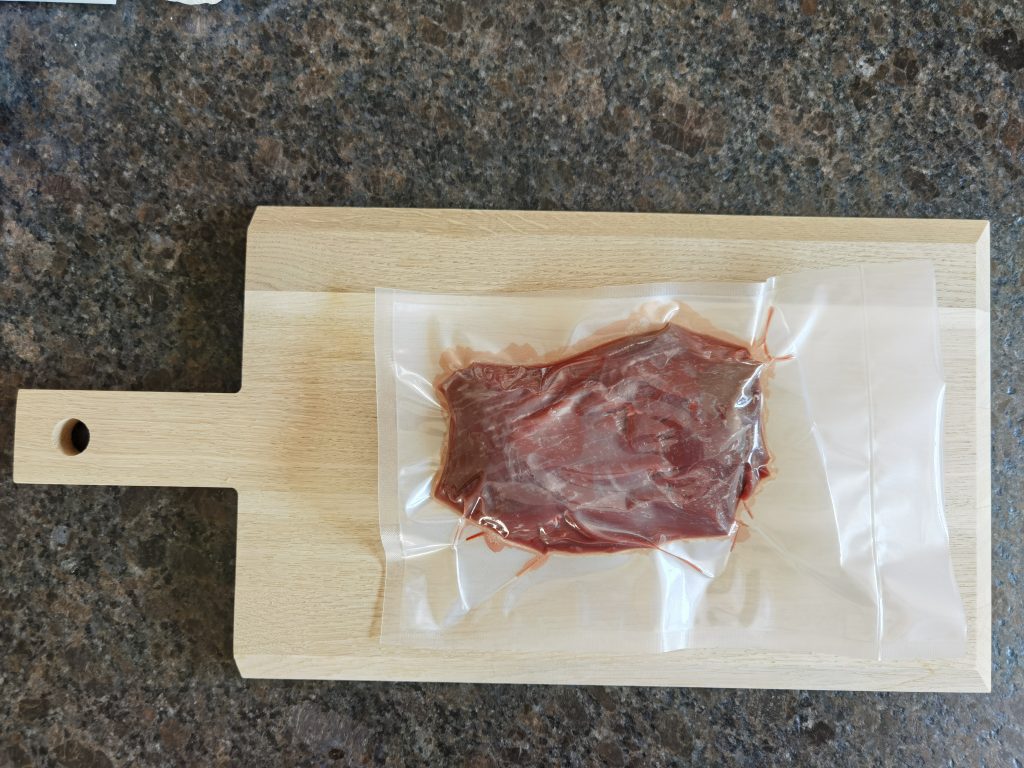Why It Matters: With white-tailed deer hunters around the country already enjoying, or looking forward to the fast approaching, rut, now is an excellent time to celebrate the role of hunters as some of America’s most passionate conservationists. However, the contributions of sportsmen and sportswomen do not end with conservation funding and wildlife population management. With the holiday season approaching, game meat donation programs serve as an opportunity for hunters to share their harvest and provide yet another service to society.
Highlights:
- Donating hunter-harvested game meat such as venison is an effective way to distribute surplus meat to those in need when a hunter harvests more than they can eat themselves.
- In America, public perceptions of hunting remain positive when the procurement of meat is primary motivation for the harvest of wild game. Game meat donation programs help to educate others on this component of the sportsman ethic while sharing the benefits of the harvest.
- Despite the value of game meat donation programs, interested hunters have experienced challenges to participation in recent years, some of which is likely related to both the spread of Chronic Wasting Disease (CWD) and a decline in the availability of participating processors.
Across the Midwest, mature bucks are chasing does while sportsmen and women, including members of The Congressional Sportsmen’s Foundation’s (CSF) Midwestern team, are finally using all those hard-earned vacation days that they’ve been saving up to get out in the field. As we hope for success from the stand, now is a great time to start making a plan for utilizing the bounty from a successful hunt. In many states, fish and wildlife agencies, non-profit organizations, and participating game processors work with hunters to allow game meat to be donated to those in need by particularly successful hunts that yield more meat than a hunter can consume. With Thanksgiving just around the corner, these game meat donation programs are another opportunity for hunters to demonstrate the immense value that our time-honored traditions offer to society.
In many states, white-tailed deer populations are at an all-time high thanks to successful wildlife management efforts supported by sportsmen and women through the American System of Conservation Funding. With these higher populations, some states have increased the number of deer that hunters may harvest, resulting in more harvested game meat than hunters can eat themselves.
While game meat donation remains a great option for those who are fortunate enough to find themselves with surplus meat, participation in these programs are facing some unique challenges in recent years. First, with the prevalence of Chronic Wasting Disease spreading in many areas, hunters must be aware of any special regulation regarding deer movement. In many states, deer from CWD management zones cannot be transported out of that zone unless certain criteria are met. Hunters, particularly non-residents who will have to cross jurisdictional boundaries (state lines) with their harvest must understand the laws and regulations in each jurisdiction they will cross.
Further, participation is becoming more and more difficult simply due to a decline in participating meat processors. CSF’s partners, such as the National Deer Association, are working hard to identify the cause of, and appropriate solutions to, this growing issue. With this in mind, hunters should call ahead to locate participating processors in their area.





